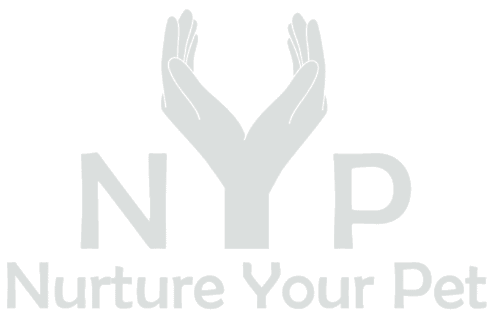Understanding Canine Bloat
The stomach fills with gas and twists in dogs with bloat, a life-threatening illness. This stops gas from leaving, causing the stomach to expand rapidly, causing several health issues, including cardiovascular system damage.
Recognizing the Symptoms of Bloat
Knowing bloat symptoms can save your life. Warning signs:
- Distended, swollen abdomen
- Unsuccessful attempts to vomit
- Restlessness or pacing
- Excessive drooling
- Rapid, shallow breathing
If your dog exhibits any of these signs, it’s vital to seek veterinary attention immediately.

Is Bloat Dangerous for Dogs?
In a word, yes. Bloat is considered an emergency medical condition. The rapid expansion of the stomach can lead to decreased blood flow to other vital organs, blood pressure drops, and even stomach rupture. If not treated promptly, bloat can be fatal.
Treating Bloat in Dogs
Due to the severity of the condition, treating bloat often involves immediate veterinary intervention. The initial treatment typically involves stabilizing the dog and decompressing the stomach. This is usually followed by surgery to untwist the stomach and prevent future occurrences by securing the stomach in place, a procedure known as gastropexy.
Can Bloat in Dogs be Prevented?
While there are no foolproof methods to prevent bloat, certain measures can reduce the risk:
- Avoiding vigorous exercise before and after meals
- Feeding multiple small meals, a day instead of one large one
- Discouraging rapid eating
- Keeping a healthy weight
Breeds with deep chests like Great Danes, Weimaraner’s and Boxers are more prone to bloat, so extra vigilance is advisable if you own one of these breeds.

Conclusion:
Bloating in dogs is indeed a dangerous condition, but with prompt recognition and treatment, it can be successfully managed. As a dog owner, being informed and vigilant can make all the difference when it comes to your pet’s health and wellbeing.
Explore our blog for essential pet health articles covering preventive care, common health issues, nutrition, and overall well-being. Stay informed and empowered to make the best decisions for your pet's health.








